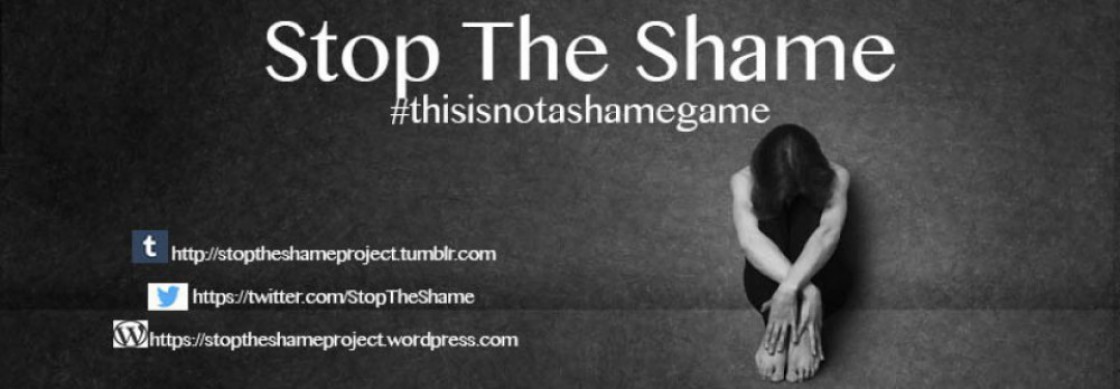In a fantastic move towards defining consent in sexual assault cases, California has become the first American state to clearly define when people agree to sex, and when they don’t.
This law tackles the ambiguities of the original ‘no means no’ standard which made investigations of sexual assault cases difficult.
So what does this mean?
Basically, the law states that a “lack of protest or resistance does not mean consent,” “nor does silence mean consent. Affirmative consent must be ongoing throughout a sexual activity and can be revoked at any time.”
This means that ‘affirmative consent’ cannot be given if someone is asleep of incapacitated by drugs or alcohol.
This is a fantastic move for lawmakers and enforcement who struggle often in determining positive outcomes for the victims of sexual assault cases, particularly when involving alcohol intoxication.
There is an obvious problem within universities and how they handle rape and sexual assault accusations, and this law seeks to improve their systems by requiring the use of policies from protecting privacy to training campus officials and providing counseling for victims of sexual assault.
“The State of California will not allow schools to sweep rape cases under the rug,” Sen. Kevin de Leon, one of the men in charge of passing the bill, said. “We’ve shifted the conversation regarding sexual assault to one of prevention, justice, and healing.”
“Every student deserves a learning environment that is safe and healthy.”
Yay California!!
I think this a definite step in the right direction, albeit a small one. If the rest of America and the world can adopt such laws we could really shift the conversation surrounding sexual assault, especially in young people.
What do you think about the ‘Yes Means Yes’ law? Will it make a difference?


Definitely a good start! This is great news. But how it’s applied by the courts may have a big influence on how much really changes; although this law puts the onus on both/all partners to obtain consent (not just on a non-consenting partner to express their non-consent), I can still see some lawyers trying to argue that their clients “honestly thought” consent was present when it wasn’t. Some judges will be sympathetic to that line of argument, others won’t – it could take a number of appeals before the case law becomes clear on this.
LikeLike
Thanks for sharing your opinion!! 🙂 Good point… Here’s hoping it’s applied by the courts in a positive way, not a negative one! Very true, there’s always going to be the argument that consent was present when it wasn’t, but I if this law makes even a small difference in the matter of ‘non-consent’ when a victim is under the influence of alcohol and drugs… that it’s still a hell of a lot better than how it is now. Let’s hope this just the beginning of affirmative action in regards to sexual assault cases, especially in university situations where these case are unbelievably prevalent and unfortunately, mostly ignored or silenced.
LikeLiked by 1 person